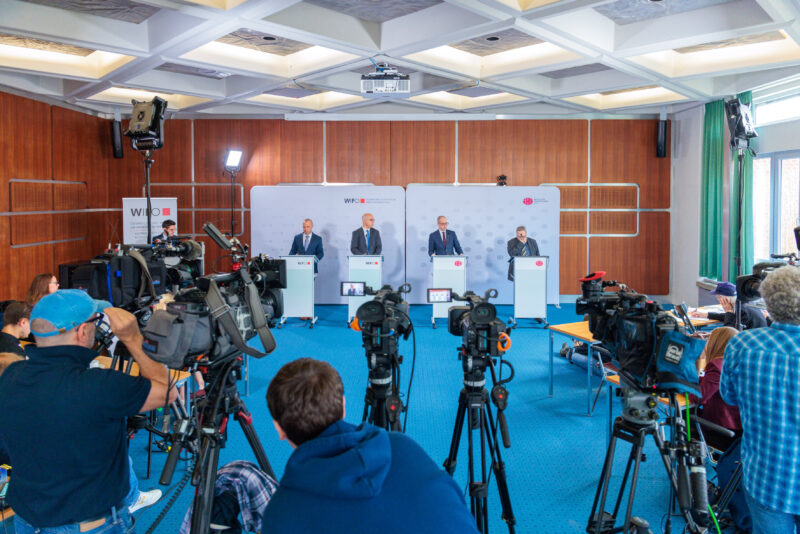
Productivity and Inclusive Growth
Differences in productivity developments have been widening markedly since the 2000s. Large companies and urban regions that are on the "technological frontier" are prospering, while those that are lagging behind fall behind. If economic development is to be both dynamic and inclusive, then economic policy is faced with the challenge of promoting productivity development across the board without simultaneously hampering growth on the "frontier".
Based on the scientific literature, a new WIFO study by Stefan Ederer, Julia Bachtrögler, Michael Böheim, Martin Falk, Peter Mayerhofer and Philipp Piribaueron behalf of the Bertelsmann Stiftung examines the causes and mechanisms behind this unequal productivity development and analyses the effects of economic policy instruments and measures in three main areas – competition, investment and innovation.
The results of the study are brought together in an operationalizable analytical framework that summarises the impact of the investigated instruments on growth and inclusion. This analytical framework can be used to reflect ex ante on the best possible policy mix for an inclusive economic policy. It also serves to make transparent possible negative effects of policy instruments on the two target dimensions at the level of firms and regions. In addition, it identifies starting points for an inclusive design of productivity-enhancing measures in the three policy areas mentioned above and discusses how the measures can be used to counter current trends and mechanisms of unequal productivity development.
The study can be requested here from the Bertelsmann Stiftung.
Please contact
























